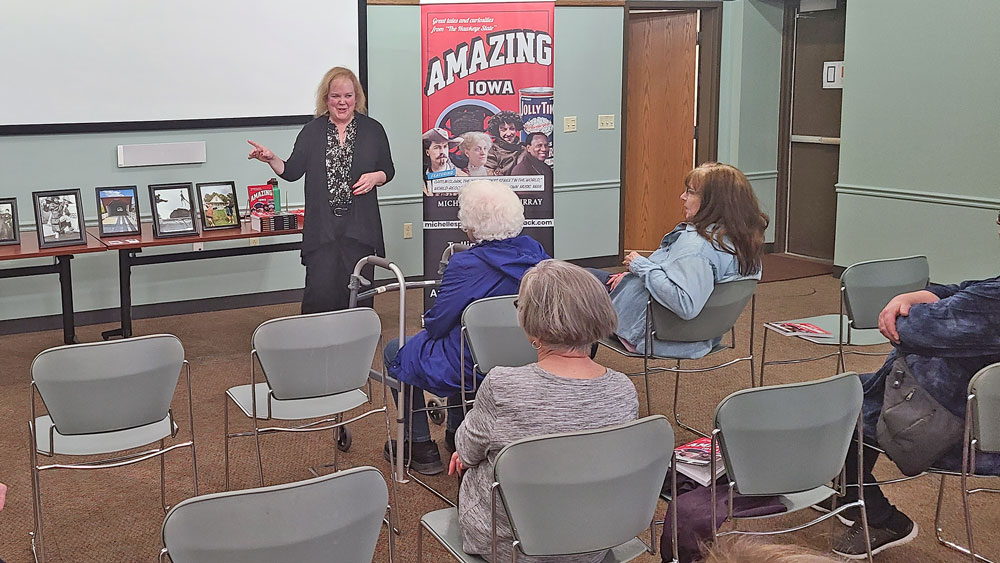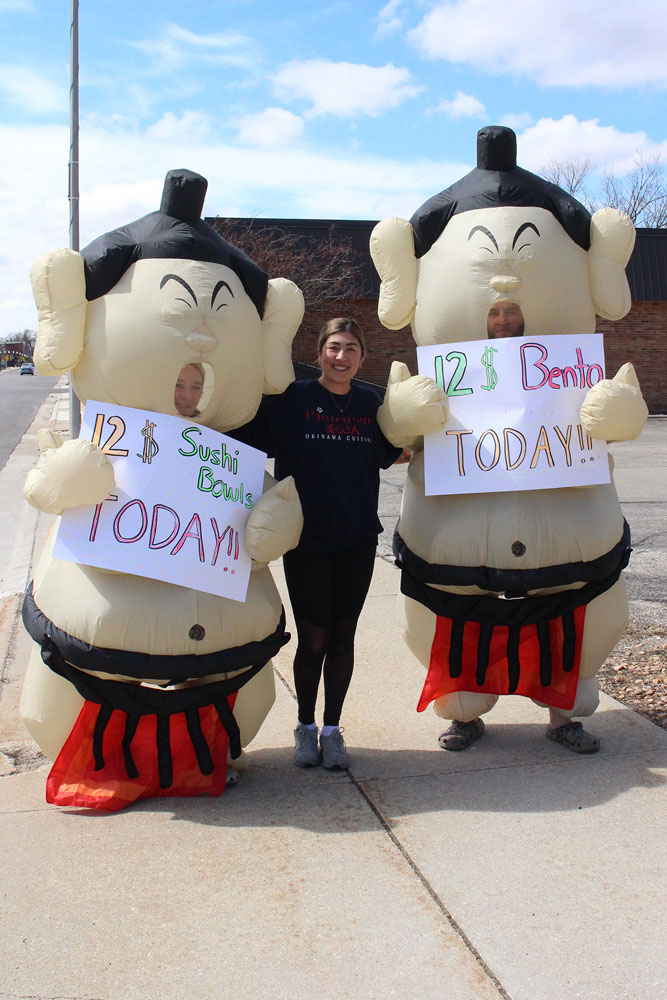FISCHER: The Case of the Missing Car Keys
By Travis Fischer, tkfischer@charlescitypress.com
“When you have eliminated all which is impossible, then whatever remains, however improbable, must be the truth.”
Sir Arthur Conan Doyle’s timeless insight may work incredibly well within the fictional confines of Sherlock Holmes stories, but such a method of deduction is easier said than done in the real world.

Take, for instance, The Case of the Missing Car Keys.
As I was getting ready to leave my apartment on Sunday, I found myself unable to locate my keys. I knew I had had them the previous day when I was out and about, and distinctly remembered putting them in the plastic bag with my shopping items as I had gotten out of the car that evening.
And yet, they were nowhere to be found. The other items were all accounted for on my kitchen counter, as was the plastic bag, but no keys in sight.
Concluding that my keys were clearly not on the counter, nor were they in my pants pocket, hoodie, desk, or any other common location for them, the only possibility left was that I had somehow left them in the car.
This hypothesis was supported by the behavior of my spare key fob, which refused to lock my car doors. Something that it doesn’t allow you to do if its sibling fob is still inside.
But now I have two conflicting sets of information.
On the one hand, my own clear recollection of putting my keys in a plastic bag and taking them up to my apartment. On the other hand, no physical evidence to prove my recollection correct and reasonable evidence suggesting my keys were still in my vehicle.
It was improbable that my memory could be that mistaken, but it was impossible that my keys were in any of the places they should have been if it wasn’t.
So I searched my car. And searched, and cleaned it out, and searched some more to no avail. The more I searched, the more the balance between impossible and improbable began to invert.
Having already eliminated the mostly likely places, it was improbable that my keys were anywhere but my car. However, it became increasingly clear that it was impossible they were there.
Thus, I needed a third, even more improbable option.
The trick to Sherlock Holmes stories is that there is never a gulf between what Sherlock knows and what Sherlock thinks he knows. His miraculous deductions depend on the convenience that all the information he has is accurate and all his assumptions are correct.
In the real world, that’s not always the case.
For instance, I thought I knew that my spare fob wasn’t locking my door because my keys were still in my car. However, the more I searched, the more I had to consider that what I thought I knew wasn’t the case.
And, as it turns out, none of the buttons on the fob worked, leading me to conclude that the battery was just dead all together. My personal little mystery story even came with a red herring.
This forced me to rethink all of my previous assumptions as well. Replaying the events of Saturday night in my head, I found the missing piece of the puzzle.
I did put my keys in my shopping bag, just not the one on the counter. And that’s how I found my keys in my refrigerator, tucked in with the other cold items I had picked up on Saturday and haphazardly thrown in the fridge to be unpacked later.
In the end, Doyle was right. Once I had eliminated my kitchen counter and car as possible, the improbable ended up being the truth. It just took a while to get there.
Sherlock Holmes probably would have gotten there a lot faster, but at least I have a clean car now.
– Travis Fischer is a news writer for the Charles City Press and will next deduce where his favorite dipping sauce bowl went.








Social Share